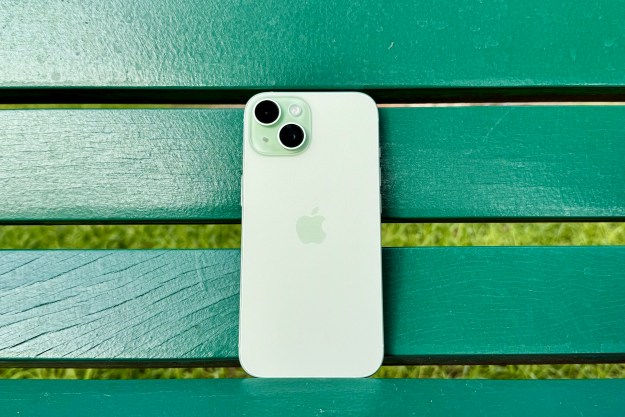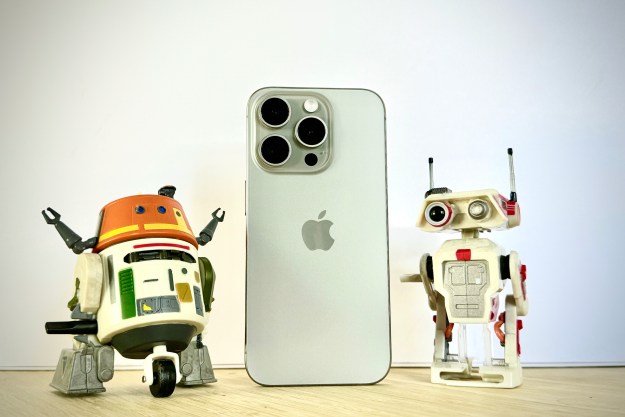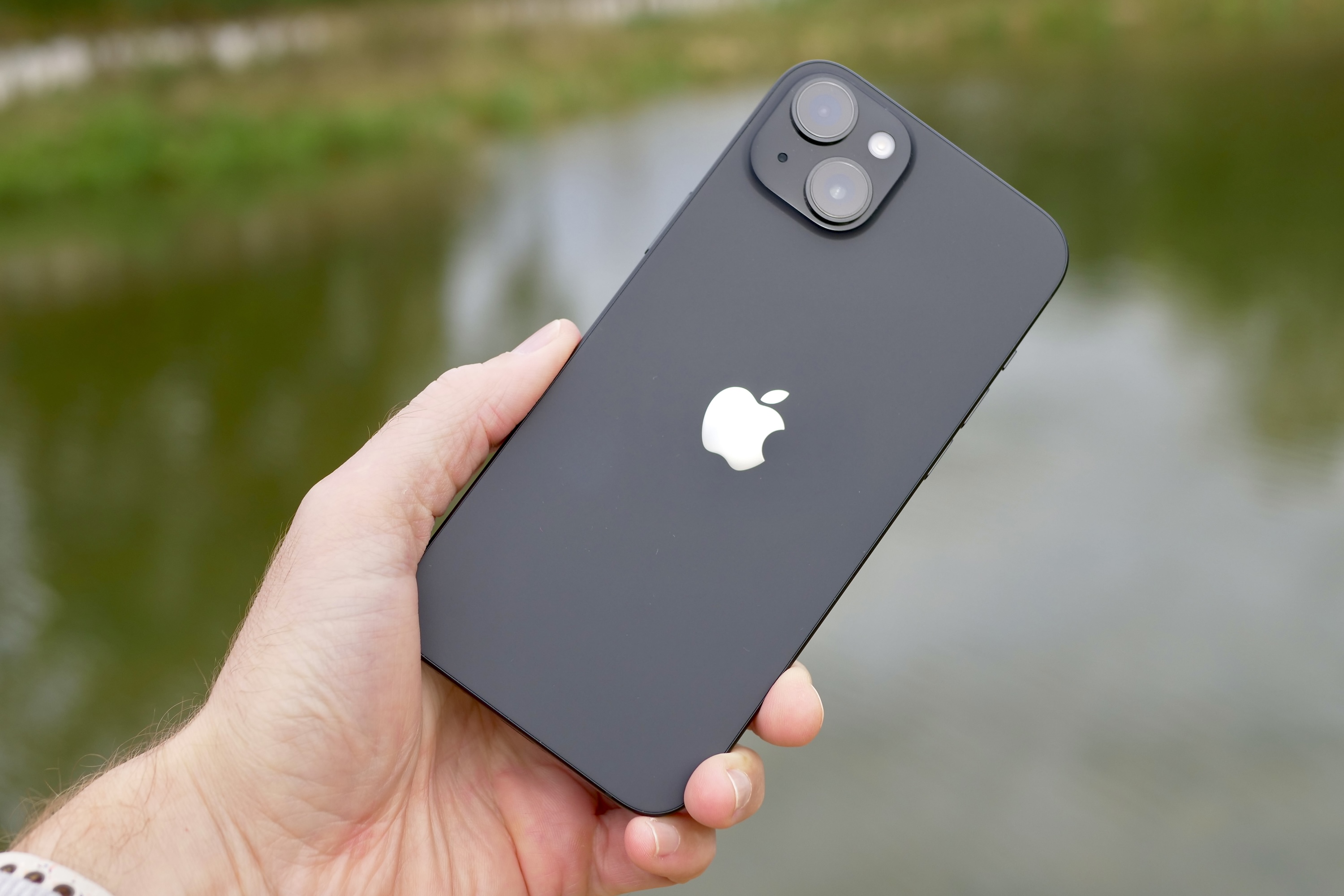
Big changes are coming to the iPhone this year. On January 25, Apple announced a slew of changes coming to iOS — including the ability to sideload applications and download apps from alternative/third-party app stores.
These are things you’ve been able to do on Android for years, but have long been absent from the iPhone. The Play Store is the primary way to download apps on Android, but you can also manually download APK files from any website that has them available. Similarly, you can use alternative app stores like the Samsung Galaxy Store and Amazon App Store. When iOS 17.4 releases later this year, iPhone users will finally be able to do similar things.
Being able to sideload apps and use third-party app stores on the iPhone is big news, but it all comes with a catch. Specifically, only iPhone users in the EU are getting this functionality. Apple hasn’t announced any plans to bring sideloading and third-party app stores to iPhones in other markets, and unless it’s forced to by similar laws, it’s safe to assume that won’t change any time soon.
Apple has long been against app sideloading and alternative app stores, and these changes are happening solely so the company can comply with new laws in the EU— specifically, the EU’s Digital Markets Act (also known as DMA). The DMA goes into effect this March, and this is how Apple is getting ready for it.
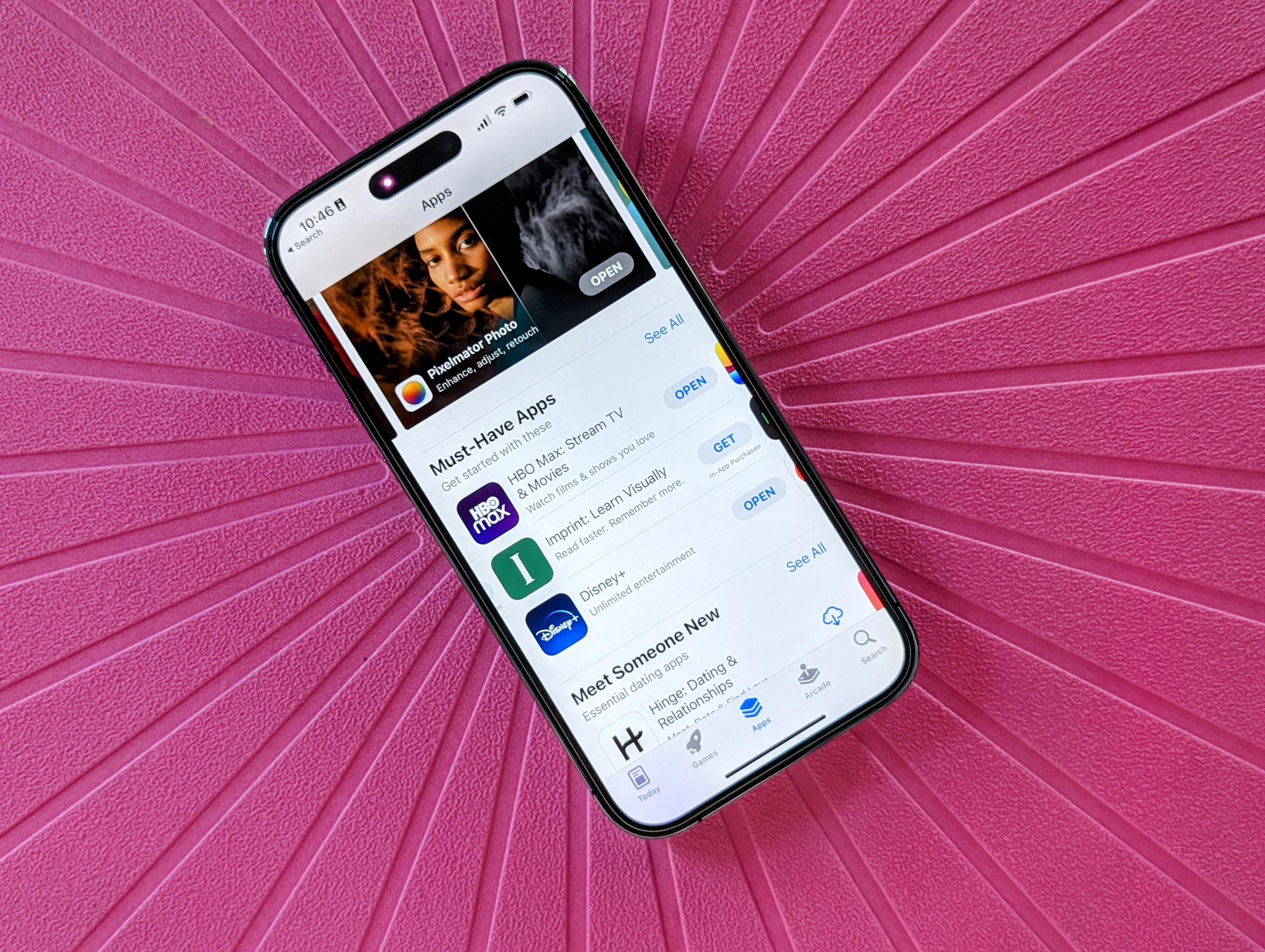
So, what’s the experience of downloading apps outside of the Apple App Store going to be like? As you might expect from Apple, there are still a lot of rules and security measures in place.
Say you find a new app marketplace you want to use. You’ll first need to download the marketplace from its website. This is only possible if the app marketplace you want to use has gone through an approval process and has received Apple’s blessing. After downloading the app store/marketplace, you’ll need to manually give it permission to download and install applications on your iPhone.
Once you get through those steps, that’s where Apple’s interference ends. You’ll be able to download anything you want from that third-party app store, including apps that wouldn’t be allowed on the official Apple App Store. Furthermore, if you find a third-party app store you like more than Apple’s App Store, you can set it as your default app store.
And that’s not all. Apple is also changing the way in-app payments are handled for apps downloaded from alternative app stores. If a developer doesn’t want to use Apple’s own in-app payment platform, they can use a third-party option of their choice and not have to pay Apple anything. Alternatively, developers can use Apple’s system for a 3% fee. This news comes alongside word that Apple is also allowing apps to support game streaming for multiple titles — which is good news for something like Xbox Game Pass.
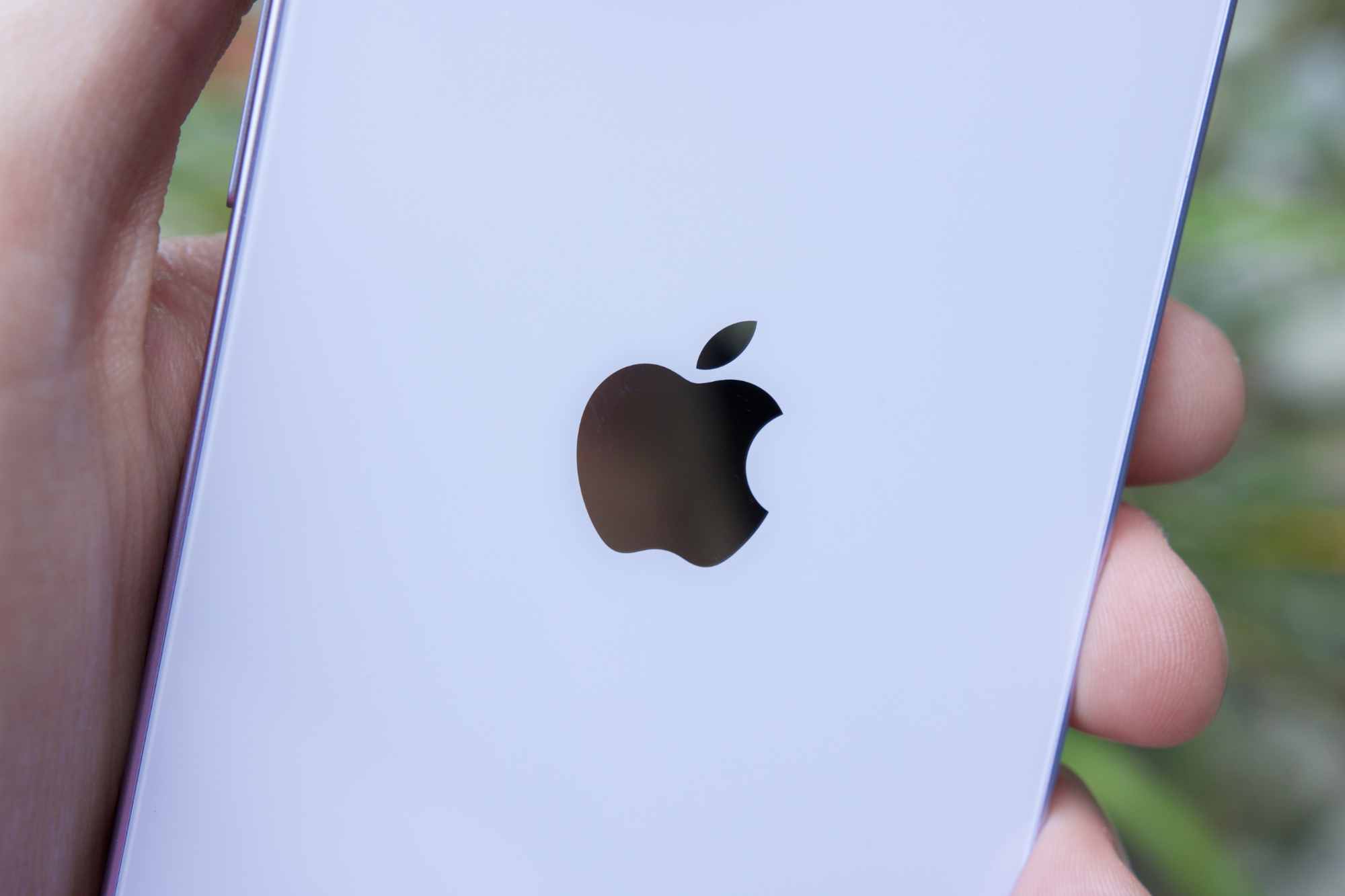
If you have an iPhone and live in the EU, you’ll soon have a lot more freedom in how you can download apps. Apple iOS 17.4 is expected to be released in March with these changes.
Editors' Recommendations
- This is the iPhone concept of my dreams
- I found an amazing new way to use my iPhone 15 Pro Max
- Are you having iPhone alarm problems? A fix is coming soon
- This one Apple Fitness feature completely changed how I exercise
- Nomad’s new iPhone case and Apple Watch band may be its coolest yet


